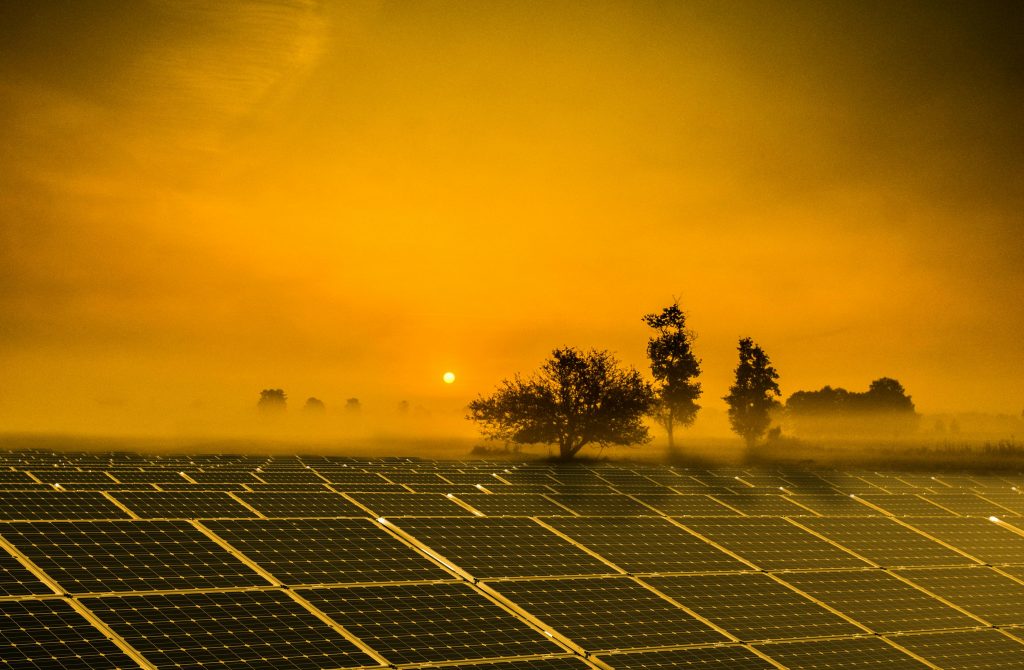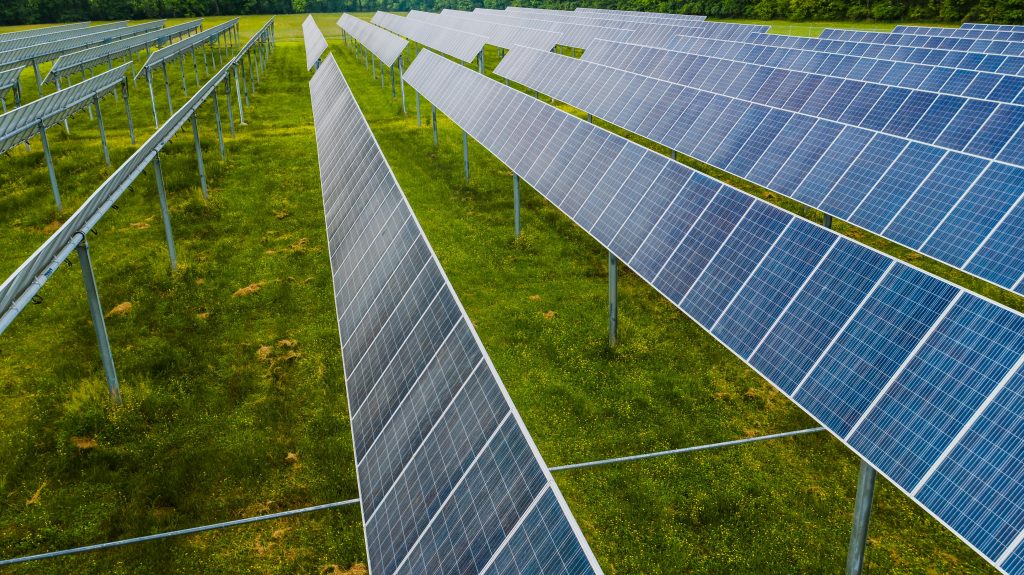As people become more worried about the environment and the expense of electricity, solar energy has increased in popularity as a source of renewable electricity for both homes and businesses. Nonetheless, some people remain unwilling to abandon traditional energy sources. The pros of adopting solar will be discussed in this article, along with how solar energy differs from other forms of energy.
Cost
One of the main worries for individuals contemplating solar energy is the expense. While solar panels might be costly to install at first, they can save you money in the long term. Conventional energy sources like coal, oil, and gas are prone to price swings, which can lead to higher energy expenses. Contrarily, solar panels can offer a steady supply of electricity that is not prone to these swings and can even produce extra energy that can be sent back into the grid.
Environmental Impact
The environmental effect of solar energy and conventional energy sources should also be taken into account while comparing them. The exploitation and burning of fossil fuels are the foundation of conventional energy sources, which result in damaging emissions and accelerate climate change. Solar energy, on the other hand, is non-polluting and renewable. You may lessen your carbon footprint and contribute to environmental protection by converting to solar energy.
Reliability
One widespread misperception about solar panels is that they are not as dependable as other forms of electricity. While solar panels do require sunshine to create electricity, technological advances have made solar energy a viable source of energy even in places with low sun exposure. In reality, even on overcast days or in low-light settings, many solar panels can still generate electricity.
Maintenance
Another problem for individuals contemplating solar energy is the necessary upkeep. Solar panels, on the other hand, require very little maintenance aside from routine cleaning. Solar panels, unlike traditional energy sources that require frequent repairs and maintenance, may survive for decades with minimum maintenance.
To summarize, while there are some upfront expenses connected with converting to solar energy, the long-term advantages make it a wise decision for both the environment and your pocketbook. Solar energy has become a stable and cost-effective alternative to traditional energy sources, with the added virtue of being clean and sustainable, thanks to technological advancements. If you’re thinking about going solar, Alison Coster is here to help you with every step of the process.



